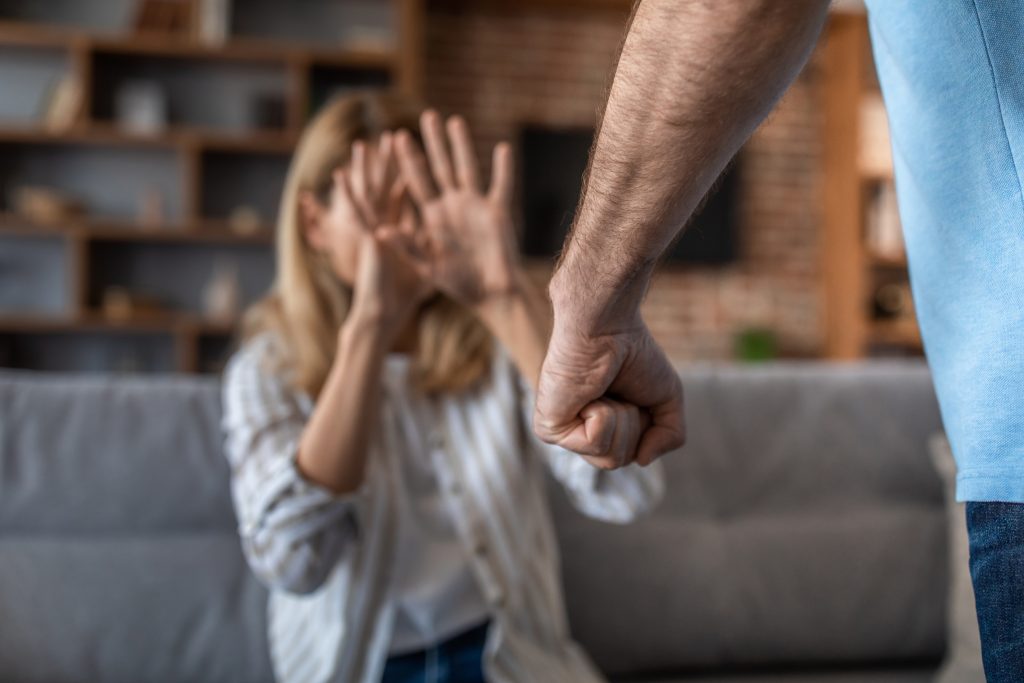A Personal Protection Order in Singapore is a court order to restrain a family member from committing family violence against another family member. A Personal Protection Order is designed to protect an individual from threats or acts of violence, notwithstanding the Family Justice Court’s philosophy of Therapeutic Justice. In this article, we will address some of the frequently asked questions (FAQs) about Personal Protection Order and other related orders to provide clarity and guidance on this useful and important legal tool.
What is a Personal Protection Order in Singapore?
A Personal Protection Order is a court order intended to protect an individual from family violence by another family member. It may include other orders such as:
- Domestic Exclusion Order which prevents the perpetrator of family violence from occupying the residence or only a part of the residence;
- Counselling Order which may be directed at the victim(s), perpetrator(s) and/or other family members; and/or
- Any other directions that the court deems necessary for and appropriate.
Family violence is defined under section 64 of the Women’s Charter as the following acts:
- Wilfully or knowingly placing, or attempting to place a family member in fear of hurt;
- Causing hurt to a family member by doing something that is known or should have been known would cause hurt;
- Wrongfully confining or restraining a family member against his or her will; or
- Causing continual harassment with the intention to cause or knowing that it is likely to cause anguish to a family member.
However, the above acts do not include acts of self-defence or discipline towards a child below 21 years old.

Who Can Obtain a Personal Protection Order?
Section 65(2) of the Women’s Charter provides who may make an application for a Personal Protection Order:
- By an individual facing family violence, if he/she is above 21 years old and is not an incapacitated person;
- By a guardian or relative or person responsible for the care of the individual facing family violence, or by any person appointed by the Minister, if the individual is below 21 years old or is an incapacitated person; or
- By an individual who is below 21 years old but is married or has been previously married. The individual may make an application for a Personal Protection Order for herself/himself, the individual’s child who is also below 21 years old, or a relative below 21 years old who is in the care of that individual.
How Can I Obtain a Personal Protection Order?
You will need to make an application to the Family Justice Courts and provide the necessary documents and information such as identification, police report(s) or medical report(s), details of the incident(s) of family violence and any relevant evidence (e.g., correspondences, photographs, or videos, etc.).
Thereafter, the application will be heard before a Judge where the individual who committed the family violence (the “Perpetrator”) may consent to the grant of the Personal Protection Order and it will granted. Alternative, if the Perpetrator contest the application, then the matter is fixed for a hearing where parties will argue their case before a Judge.
At the conclusion of the hearing, the court then makes a decision whether to grant the Personal Protection Order or not.
What Evidence Do I Need to Support My Personal Protection Order Application?
Evidence that would be relevant to an application for a Personal Protection Order include but not limited to police report(s), medical report(s), photograph(s) and/or video(s), and correspondences such as text messages and emails.
Can I Obtain a PPO Without the Other Person Knowing?
Generally, the Perpetrator will have the opportunity to respond to an application for a Personal Protection Order. However, under section 66 of the Women’s Charter, the court may order for an Expedited Order if the court is satisfied that there is an imminent danger of family violence being committed.
The court may grant an Expedited Order even though the application and relevant documents has not yet been served on the Perpetrator. However, the applicant will still be required to formally make his/her case before the court and the Perpetrator will have the opportunity to respond to the application.

What Happens if the Respondent Violates the Personal Protection Order?
If the Perpetrator violates any of the terms or provisions of the Personal Protection Order, for example, by committing acts of family violence or harassing the victim(s), the perpetrator may be subject to legal consequences, including fines, imprisonment, or other penalties. It’s important to document any violations and report them to the Police promptly or seek legal advice from a family lawyer.
How Long Does a Personal Protection Order Last?
The duration of a Personal Protection Order varies depending on the facts of the case and it is for the court to determine the appropriate period for the Personal Protection Order.
Can a Personal Protection Order Be Modified or Terminated?
Yes, in appropriate circumstances, section 67 of the Women’s Charter provides that the court has the power to vary, suspend or revoke a Personal Protection Order. Either the victim or Perpetrator may make the necessary application to court seeking a variation, suspension or revocation of the Personal Protection Order.
Conclusion
While Personal Protection Orders is an important tool for victims of family violence, it may also help everyone involved, including the person committing family violence, to resolve the issues at the roots through counselling or other means. It is important to understand the processes and procedures relating to Personal Protection Order, whether it is to apply, respond or enforce a Personal Protection Order, it is important to consult a family lawyer to understand your rights, duties and obligations, and also for guidance and advise on these matters.
If you need help with legal matters
Have a question or need more information? Just drop us a line!





